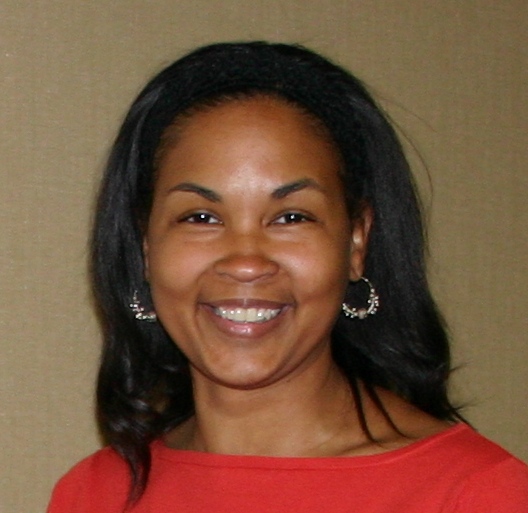A recurring feature on the blog will be “Five Questions for a Public Interest Leader” – a short interview with a variety of public interest legal leaders including non-profit directors, public defenders, law school administrators, and more. Our inaugural “Five Questions” is with Sara Woods, Executive Director of Philadelphia VIP.

Sara Woods, Executive Director of Philadelphia VIP
In her own words, VIP “is the hub of pro bono services in Philadelphia, a position we’ve proudly held for 28 years. Our mission is to provide access to justice for low-income individuals, families, small businesses and nonprofit organizations by recruiting, training and supporting volunteer attorneys who are matched with pro bono clients.” As Executive Director, Sara ensures that the organization runs smoothly, engages in fundraising, hires and manages the staff, and does extensive outreach and coalition-building.
Now, the five questions!
1. How did you get to your current job?
I have worked in the public sector for my entire legal career. During my first job as a staff attorney at a legal services agency, I coordinated the volunteer attorney program and got hooked! I then moved on to running the pro bono programs at a law school…and from there, I found my dream job at VIP.
2. What advice do you have for law students who are interested in civil legal services and/or non-profit management?
Good question! In this challenging economic climate, it may feel impossible to find a job in the legal services world. My advice would be first don’t give up! There are jobs, but it just may take a while. In the meantime, position yourself as well as possible, starting in law school by maximizing your public sector experience and minimizing debt. Volunteer during the school year, take clinical courses, participate in bar association activities that involve the public sector….anything you can do to network.
3. Top 3 Dos and Don’ts for public interest job applications (resumes and cover letters in particular)
Dos
- list all the public sector experience you’ve had, whether legally related or not
- show me your accomplishments at the jobs you have had, as opposed to listing tasks
- tell me how you can help my agency and our clients
Don’ts
- typos (no surprise there!)
- generic cover letters (Dear Sir/Madam, or “I want to work at your firm because…”
- focusing on how working at my agency will benefit YOU
4. Relatedly, what’s the worst mistake you’ve seen someone make in a job application?
I had a student who lied about grades on the application. That one takes the cake.
5. What has been your most valuable experience(s) either in law school or professionally in getting where you are today?
In a word, relationships. I was taught early on by my parents that everything in life is about relationships, so it’s important to always play fair, develop networks and never burn bridges. That has definitely helped get me where I am today.
We’d like to thank Sara for agreeing to be our first Public Interest Leader, and we look forward to many more interesting and informational interviews. If you have ideas for people we should interview or questions we should ask, email us at pslawnet (at) nalp (dot) org or leave a comment here.
![]() A recurring feature on the blog will be “Five Questions for a Public Interest Leader” – a short interview with a variety of public interest legal leaders including non-profit directors, public defenders, law school administrators, and more. For our third “Five Questions” we turn to the National Association of Attorneys General (NAAG), which includes the Attorneys General from all 50 states, the District of Columbia, as well as the United States Commonwealths and Territories. NAAG works to “foster interstate cooperation on legal and law enforcement issues, conducts policy research and analysis of issues, conducts training, and facilitates communication between the states’ chief legal officers and all levels of government.”
A recurring feature on the blog will be “Five Questions for a Public Interest Leader” – a short interview with a variety of public interest legal leaders including non-profit directors, public defenders, law school administrators, and more. For our third “Five Questions” we turn to the National Association of Attorneys General (NAAG), which includes the Attorneys General from all 50 states, the District of Columbia, as well as the United States Commonwealths and Territories. NAAG works to “foster interstate cooperation on legal and law enforcement issues, conducts policy research and analysis of issues, conducts training, and facilitates communication between the states’ chief legal officers and all levels of government.”



